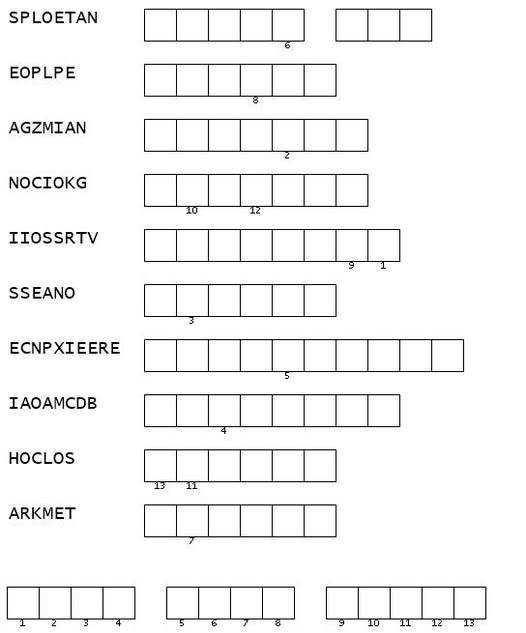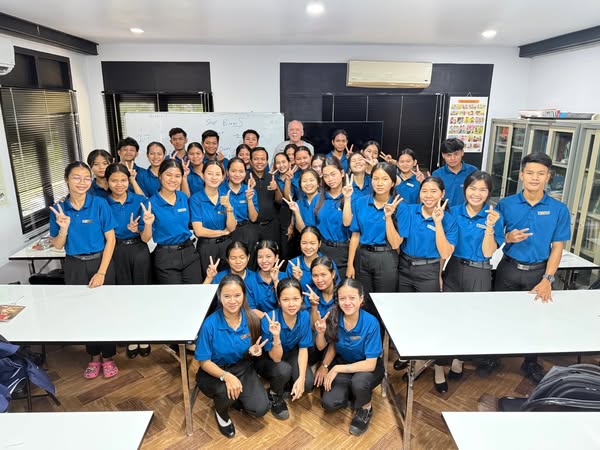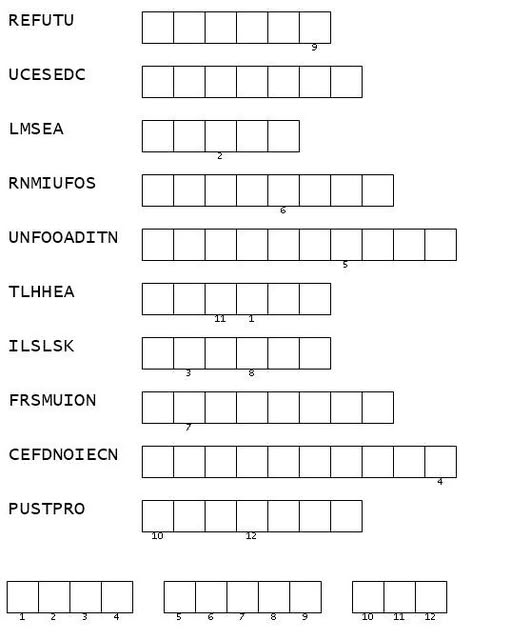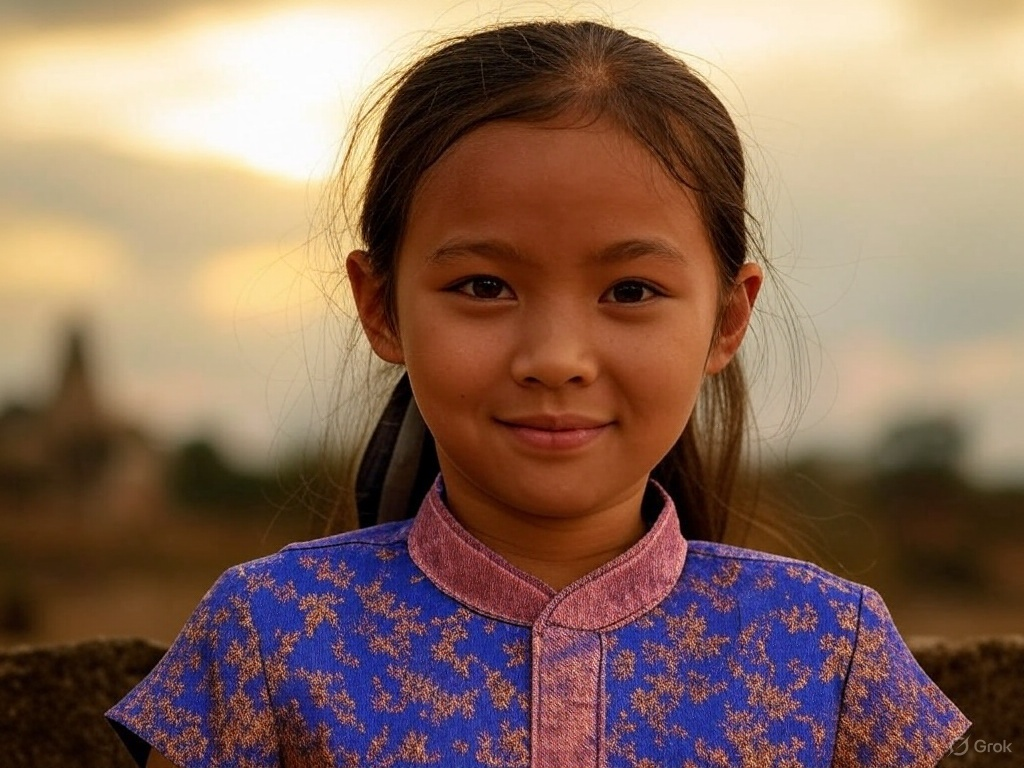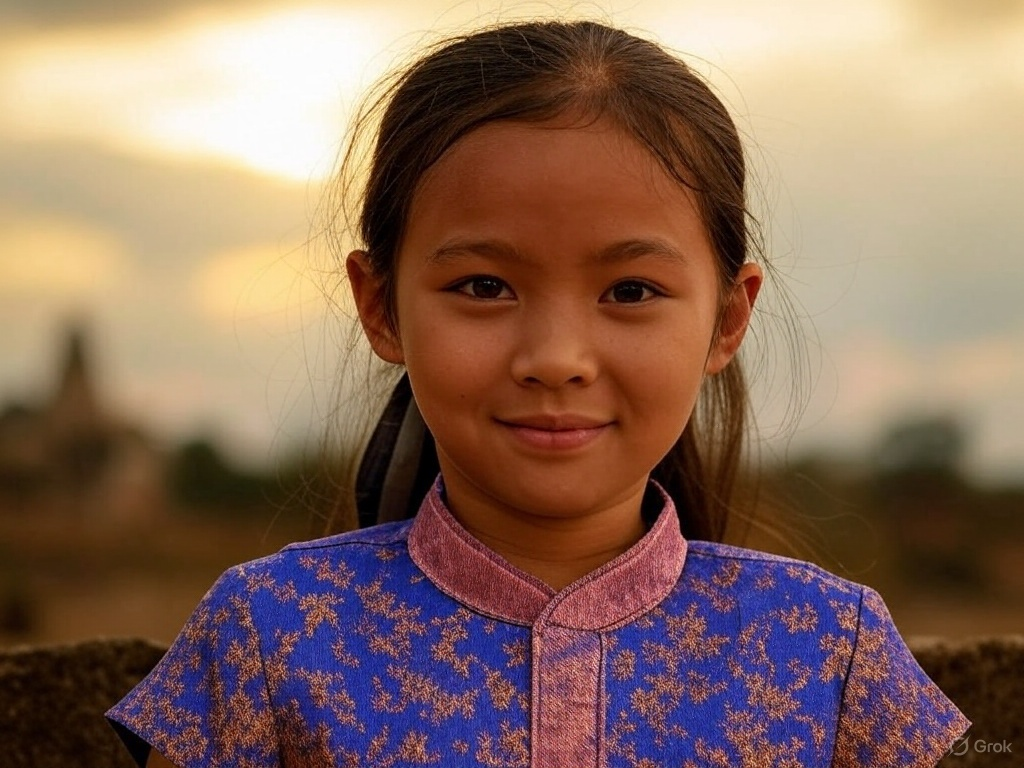
You work at the front desk of a ***** hotel and you see most of the Irish guests are dressed in green. In order to offer perfect service for these guests you give your staff some background information on why they do so:
St. Patrick’s Day is on March 17. It is Ireland’s national holiday. The day celebrates St. Patrick, who brought Christianity to Ireland.
People wear green clothes because green is the color of Ireland. Some wear a shamrock, a small green plant for good luck.
There are parades, music, and dancing. Many people go to Irish pubs to drink Irish beer or whiskey and listen to music. Big cities like Dublin, New York, and London have large parades.
If Irish guests ask where to celebrate, tell them about Irish pubs, local bars, or special events. Some places may have small parades.
St. Patrick’s Day is a happy and fun day, and everyone can join the celebration!
____________________
° To join – To go with other people and do something together.
- Event – A special activity or party where people come together.
- Holiday – A special day when people do not work and have fun.
- A parade – A line of people walking, dancing, or playing music in the street.
- To celebrate – to do something fun for a special day.
- Pub – A place where people drink beer and talk.
- Christianity – A religion about Jesus Christ.
##############################
Answer in complete sentences:
0. Is St. Patrick’s Day in March or April? → It is in March.
- Is St. Patrick’s Day Ireland’s national holiday or America’s national holiday?
- Do people wear green or blue on St. Patrick’s Day?
- Do people celebrate with parades or fireworks?
- Is a shamrock a flower or a small green plant?
- Do people drink Irish beer or French wine on St. Patrick’s Day?
- Do big parades happen in Dublin or Rome?
- Do people go to pubs or libraries to celebrate?
- Did St. Patrick bring Christianity or Buddhism to Ireland?
- Is St. Patrick’s Day a fun or a sad holiday?
###############################
Here are the 10 multiple-choice questions, more than 1 answer may be correct:
- When is St. Patrick’s Day?
A) March 15
B) March 17
C) March 21
D) March 25 - What does St. Patrick’s Day celebrate?
A) The Irish New Year
B) The independence of Ireland
C) St. Patrick bringing Christianity to Ireland
D) The arrival of spring - What color do people wear on St. Patrick’s Day?
A) Blue
B) Red
C) Yellow
D) Green - What is a shamrock?
A) A traditional Irish hat
B) A small green plant for good luck
C) A type of Irish dance
D) A kind of Irish drink - Where do many people go to celebrate St. Patrick’s Day?
A) Libraries
B) Irish pubs
C) Schools
D) Parks - What do people do at Irish pubs on St. Patrick’s Day?
A) Read books
B) Drink Irish beer or whiskey and listen to music
C) Watch movies
D) Play sports - Which of these cities has large St. Patrick’s Day parades?
A) Sydney
B) Paris
C) Dublin
D) Rome - What should the front desk tell Irish guests if they ask where to celebrate?
A) Visit a museum
B) Go to a park
C) Check Irish pubs, local bars, or special events
D) Stay in their hotel room - What kind of events happen on St. Patrick’s Day?
A) Swimming competitions
B) Parades, music, and dancing
C) Car races
D) Firework displays - Who can join the St. Patrick’s Day celebrations?
A) Only Irish people
B) Only people in Ireland
C) Everyone
D) Only people wearing green
################################
St. Patrick’s Day (words to be filled in at end of text)
Easy __________for Front Desk.
St. Patrick’s Day is on March 17.
It is Ireland’s national holiday. The day celebrates St. Patrick, who ___________ Christianity to Ireland. People wear green clothes because green is the color of Ireland.
Some wear a shamrock, a small green __________for good luck.
There are parades, music, and dancing. Many people go to Irish pubs to drink Irish beer or whiskey and __________to music.
Big cities like Dublin, New York, and London have __________parades.
If Irish guests ask where to celebrate, tell them about Irish lapubs, local bars, or special __________
Some places may have small parades. St. Patrick’s Day is a happy and __________day, and everyone can join the celebration!
FILL IN: plant – guide – events. – listen – large – fun – brought
################################
Correct or incorrect?
- St. Patrick’s Day is on March 17.
- St. Patrick’s Day is a national holiday in the United States.
- St. Patrick brought Christianity to Ireland.
- People wear green on St. Patrick’s Day because it is the color of Ireland.
- The shamrock is a type of Irish beer.
- St. Patrick’s Day is mostly celebrated in Ireland and not in other countries.
- Many people celebrate by going to Irish pubs.
- Parades, music, and dancing are common on St. Patrick’s Day.
- Only Irish people can take part in St. Patrick’s Day celebrations.
- St. Patrick’s Day parades only happen in Dublin.
- New York and London have large St. Patrick’s Day parades.
- The front desk should recommend museums for celebrating St. Patrick’s Day.
- Some places may have small parades for St. Patrick’s Day.
- Drinking Irish beer or whiskey is a popular way to celebrate.
- St. Patrick’s Day is a quiet religious holiday with no public celebrations.
Let me know if you need any modifications! ![]()
################################
Find the word we are looking for – but first find the proper words in the text
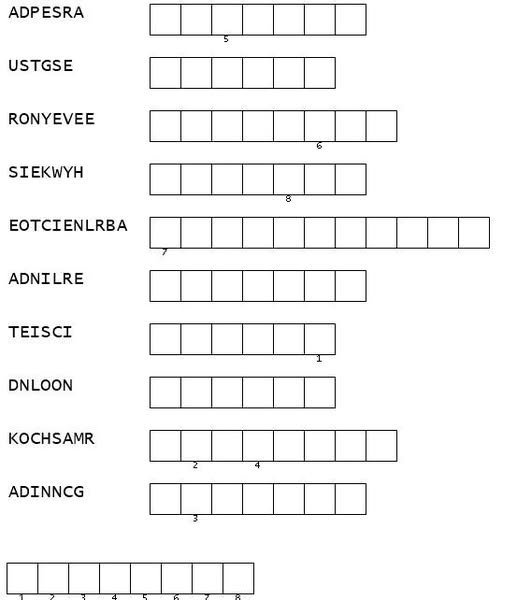
170325
